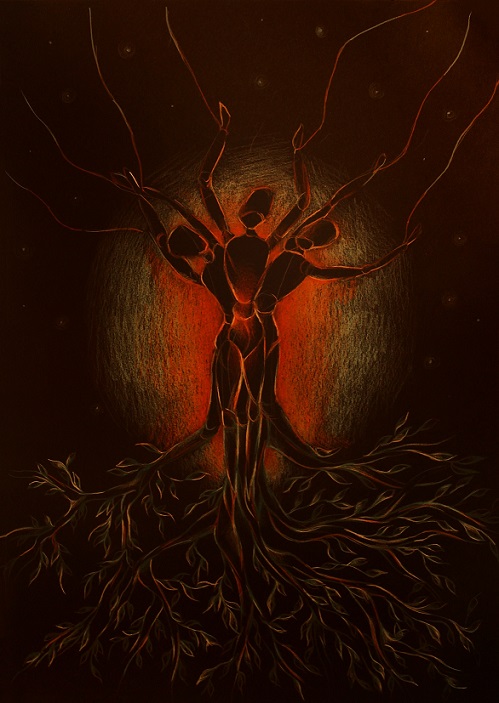Mead’s Theory of The Act. A contribution to the pragmatist turn in cognitive sciences
DOI:
https://doi.org/10.13130/2239-5474/11194Keywords:
Act, experience, Mead, Dewey, pragmatism, cognitive scienceAbstract
The article argues in favour of replacing Dewey’s notion of 'experience' in today's cognitive sciences with Mead’s notion of 'act.' Although Dewey's approach to cognition is an essential contribution to the pragmatist turn of cognitive science and his theory of organic relation is particularly useful for future developments in this field, his notion of 'experience' risks proving to be the weak link in the program of empirical implementation of such a turn. In a perspective that shows a clear empirical intent such as that of the 4E programme, the concept of experience, as intentionally vague and smoky, with its strong metaphysical significance, does not seem to offer a useful operational criterion to exclude from evaluation aspects that should not be considered constitutive of the mental. Moreover, in its openness to the overall determination of the relationship between organism and environment, this notion does not contribute to the definition of the phases that characterize the relational dynamics itself. The essay proposes as a solution to these difficulties to turn the attention to Mead's notion of 'act.' Although Mead's act and Dewey's experience are undoubtedly similar concepts, as the result of elaborations often carried out jointly by the two authors, the act seems more suitable to describe in its different characteristics the ideo-sensori-motor process that characterizes the integrated approach in which perception and action are indissolubly linked. Mead's theory of the act is an epistemological tool particularly useful to the empirical program of the 4E, also offering an interesting contribution to the debate between radical representationalists and enactivists.
Downloads
Published
Issue
Section
License
- Authors retain copyright and grant the journal right of first publication with the work simultaneously licensed under a Creative Commons Attribution License that allows others to share the work with an acknowledgement of the work's authorship and initial publication in this journal.
- Authors are able to enter into separate, additional contractual arrangements for the non-exclusive distribution of the journal's published version of the work (e.g., post it to an institutional repository or publish it in a book), with an acknowledgement of its initial publication in this journal.
- Authors are permitted and encouraged to post their work online (e.g., in institutional repositories or on their website) prior to and during the submission process, as it can lead to productive exchanges, as well as earlier and greater citation of published work (See The Effect of Open Access).



